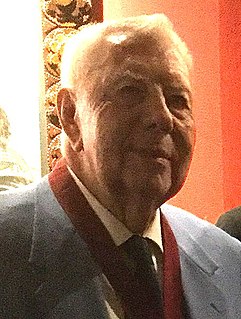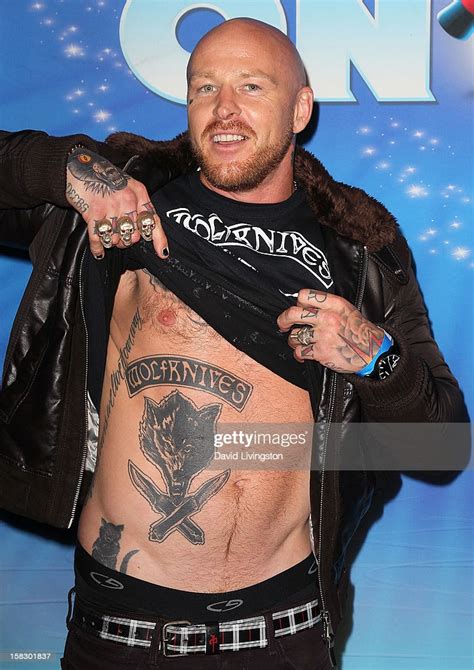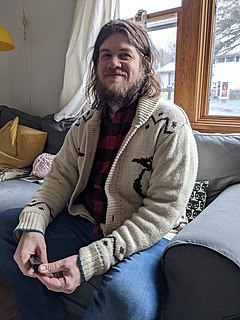A Quote by Mort Walker
I've always said that what cartoonists do is create friends for readers.
Related Quotes
I do worry that beginning cartoonists could feel somewhat strangled by the increasing critical seriousness comics has received of late and feel, like younger writers, that they have to have something to "say" before they set pen to paper. Many cartoonists feel even more passionate about this idea than I do, vehemently insisting that comics are inherently "non-art" and poop humor or whatever it is they think it is, but that attitude is a little like insisting that all modern writing should always take the form of The Canterbury Tales.
I definitely have had fights with best friends. Some of them have led to me and said friend not being friends anymore, but it always turned out to be for the better. I think if you fight with someone, and you can just never reconcile, that just goes to show that maybe you shouldn't have been friends in the first place.







































